Based on the 1938 novel by Aldous Huxley, BRAVE NEW WORLD is a weird attempt at bringing philosophy to the screen in a way that feels neither new or brave. Instead it sits at a crossroads of being half WESTWORLD and half an essay of material it neither cares for or seems to fully grasp.
Set in a futuristic world state where humans are split into classes of Alphas (the prettiest 1%) and Epsilons (the grunts), with everyone else somewhere in between, BRAVE NEW WORLD feels dated the minute it sets out from the gate. At a time where inequality, both socioeconomic and racial, is a hot talking point, the simplistic tale of genetic rule doesn’t feel poignant, but instead like someone walked in on a conversation of which they missed the entire first half.
Beyond the Epsilons are the Savages, people who choose or are forced to live in the world left behind. They hold on to forgotten values like monogamy and religion. Bringing us to the second tone deaf point of the show: can you guess who are going to be the good guys? The “bad” society which looks great on the outside and is corrupt on the inside is shown to be polyamorous, but with the added caveat that this can only come at the cost of losing all real connection to people while choosing easy gratification in return.

The season begins with Alpha-Plus counselor Bernard (Harry Lloyd) demanding an explanation for why Lenina (Jessica Brown Findlay) has chosen to make her sexual relationship with a man exclusive — something that is outlawed in the new world. Everyone is to be shared, the saying goes in a clunky jab at socialism, which again feels like it has missed the point of the very thing it’s criticizing.
Very quickly we’re overwhelmed by a series of orgies after another, each depicted as fun and titillating, again spinning against the poorly formed message at its core. The sex itself is tame and vanilla, even by cable and streaming standards, where countless faceless extras writhe in various states of undress, breasts exposed and everything else covered, while name actors might flash an ankle. For a civilization thriving on gratification without consequence, nobody seems to have ever desired to explore anything beyond the missionary position.
Not that the series, or any series for that matter, requires explicit nudity to drive in the point, but stories like this use sex as means to keep the pulpy material racy enough to attract viewers. If it’s already exploitative to begin with, why not go for the whole hog? Instead painting a very white and very tame view of the world just makes it seem like the idea of as desperately quaint.
The series tries to play it off by saying that people in high society are controlled by chemicals that control their mood at every turn (much like SSRIs today), yet it’s a dire plot point created to override any potentially difficult questions. If the world is truly rid of disease, poverty, and the need for currency, why even bother with classes to begin with? An explanation is given, but it’s half-hearted and utterly unearned. Instead the setup takes away any responsibility of those depicted as taking part in the society, unless they’re our star-crossed lovers who serve as the love triangle at the heart of the story.

Coming in as the outsider to this is John (Alden Ehrenreich), a Savage making his living as a stagehand for the Savage Lands park where the Alpha’s come to gawk at satiric performances of the old world. Well meaning but dimwitted, John is capered into a Westworldian plot of overthrowing the Alphas by any means necessary. His mother (Demi Moore, criminally underutilized) watches this happen from the shadows, and seems to know more than she lets on.
The satire here is just as toothless and misguided. The Savages put on performances reminiscent of Black Friday sales, complete with brawling over pointless deals, and it’s supposed to be a biting stinger at consumerism gone mad. Yet it’s an empty strawman put in place of actual issues that sci-fi is far better built to handle. (Neither The Savage Lands nor the upper class utopia dare to touch issues of racism with a ten foot pole.) As the uprising begins the demand isn’t that there be equality for all, but instead that the hilariously over the top rural Americana lifestyle be left alone as the true way of life.
Superficially the series is handsomely crafted and the acting is good across the board. Ehrenreich remains a hugely underrated actor, here given a part to play that doesn’t allow him to push any of his talents in any direction. Both Lloyd and Findlay are fine as the leads discovering the joys of monogamy (ugh), and the always luminous Hannah John-Kamen is a pleasure whenever she’s on screen.
But as with an expensive car there’s very little going on under the hood. It’s all revved up and ready to go without any notion of how to get there. It’s an attempt to out-WESTWORLD at its own game, one that comes off as desperate and unnecessary. Surely with material as prescient as Huxley’s (sans the ugly classist and racist nonsense of his time), the series could have done something daring and actually update the material to speak of the world as it is now.
Instead it lingers on the past, afraid of the future. What a strange thing for a sci-fi series to stumble on.



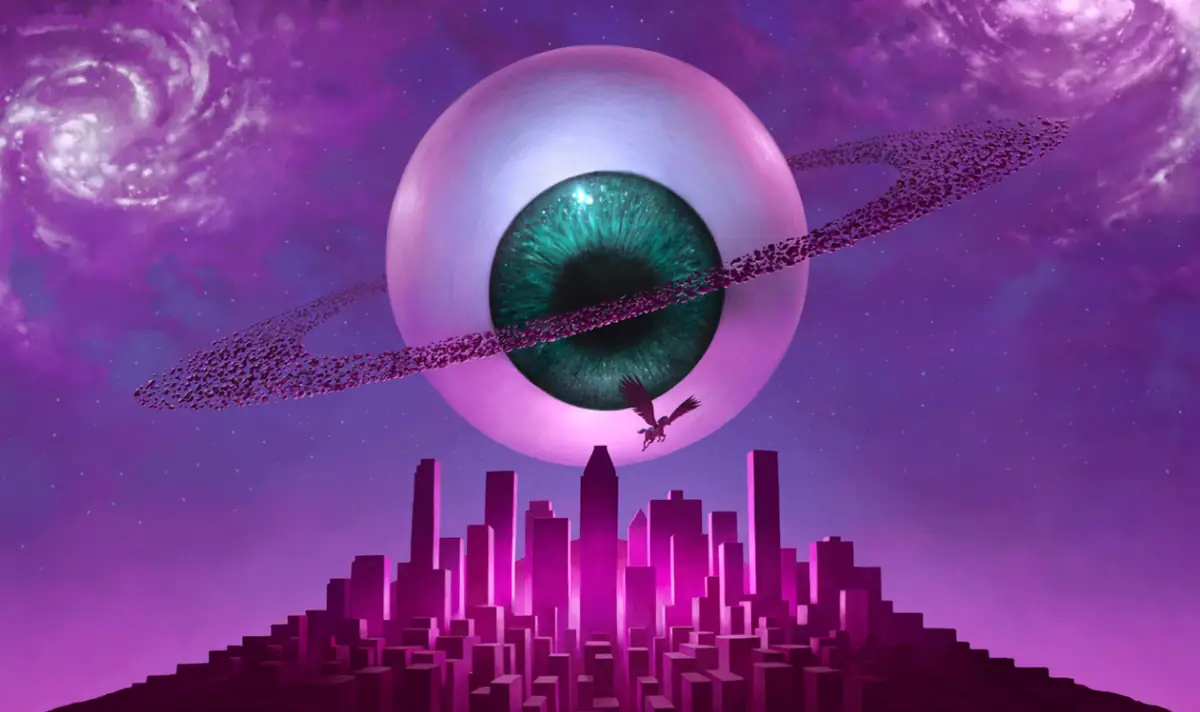
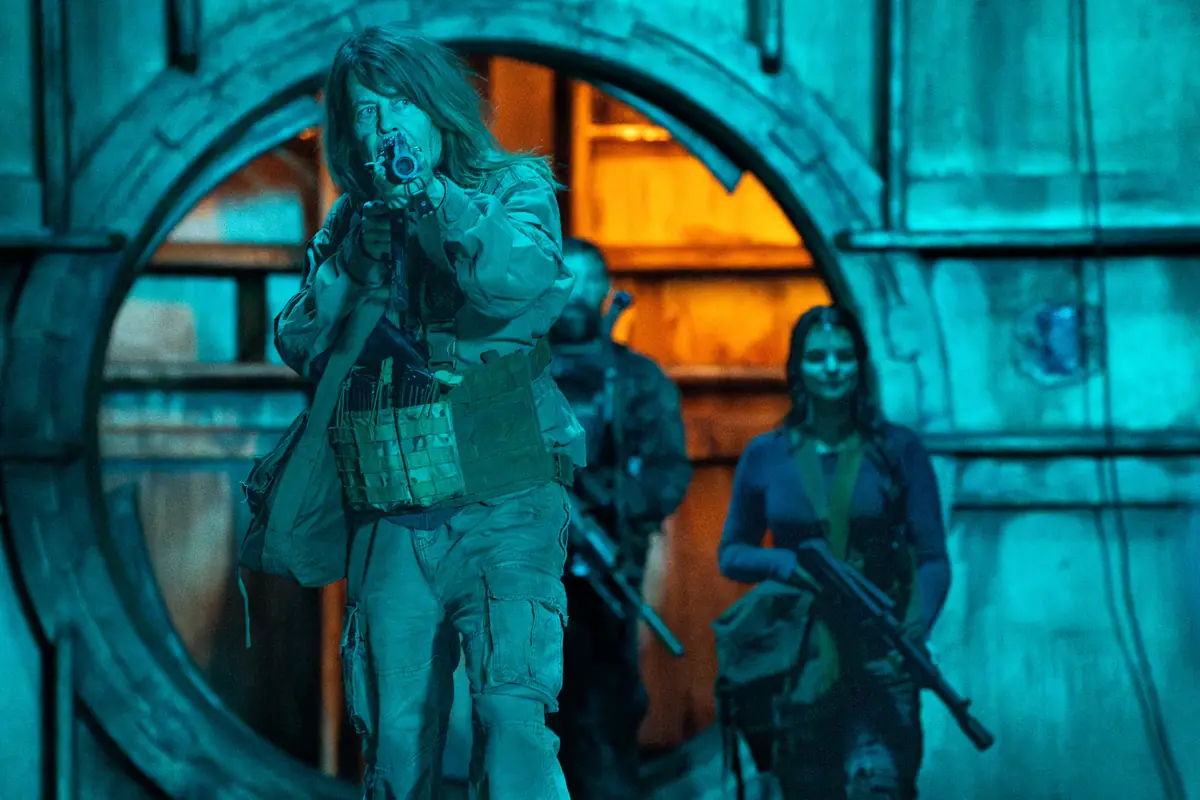

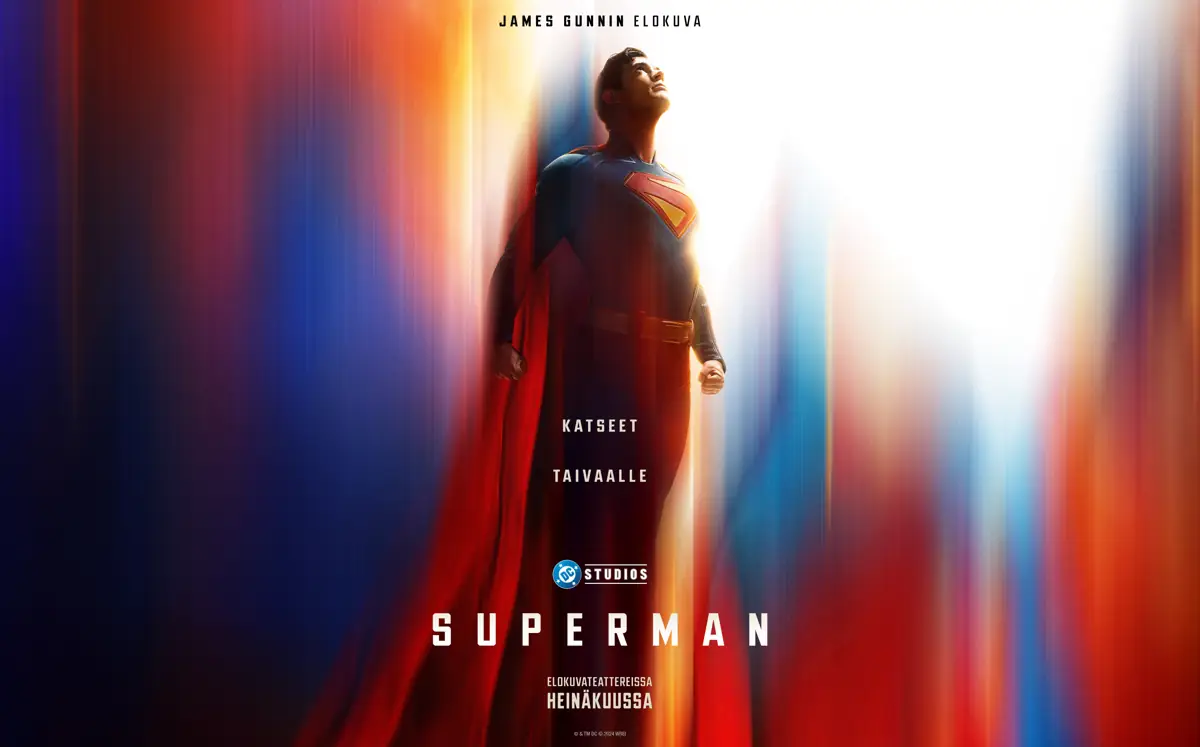

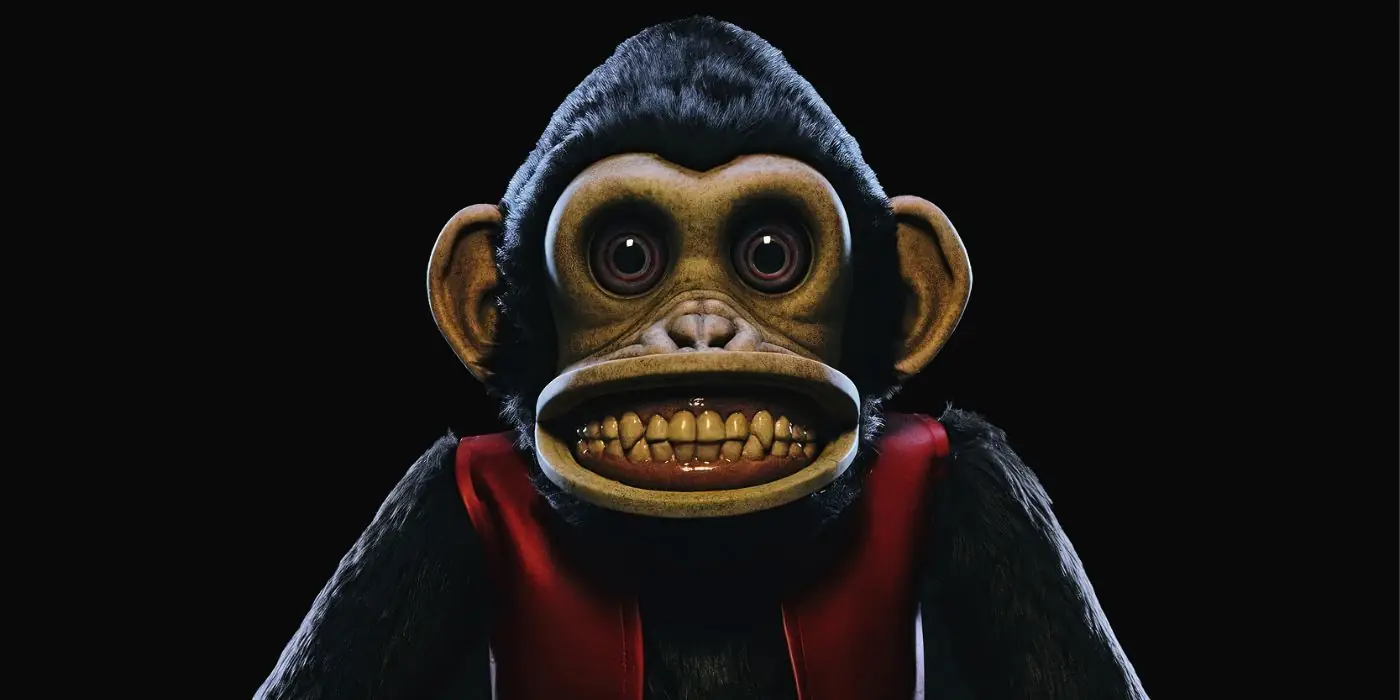
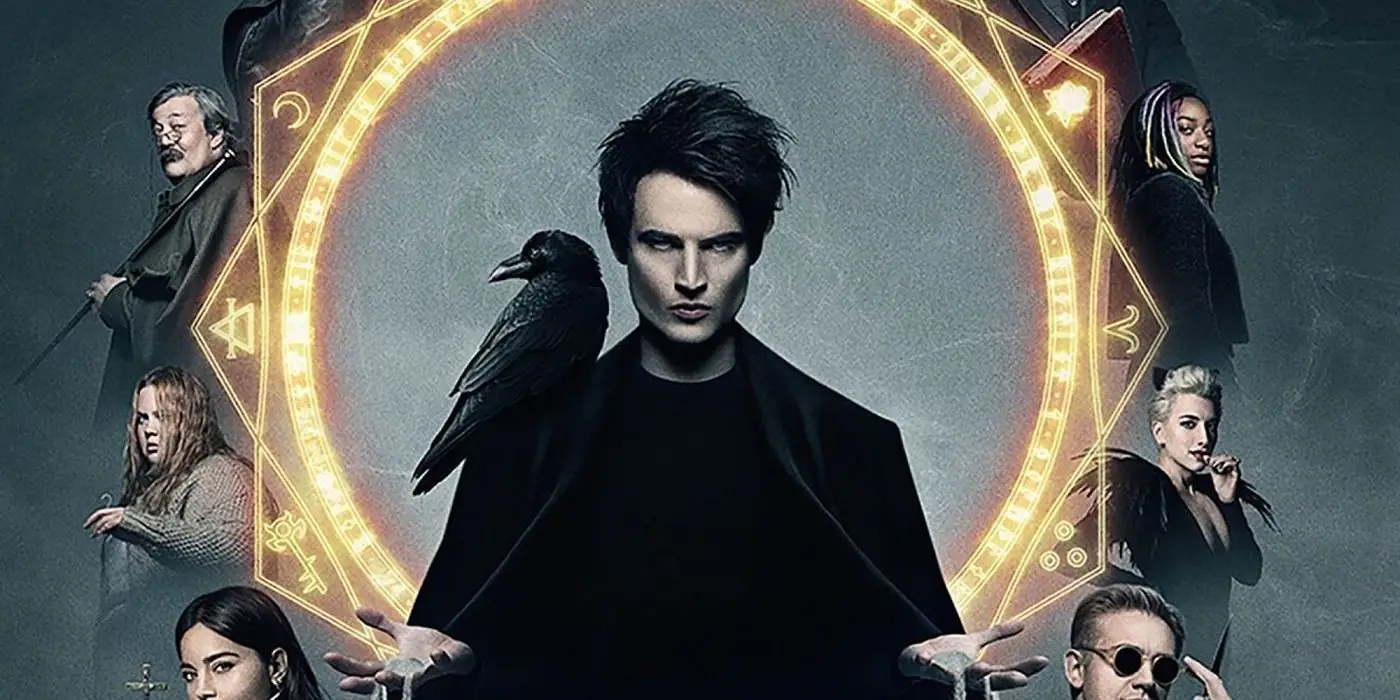
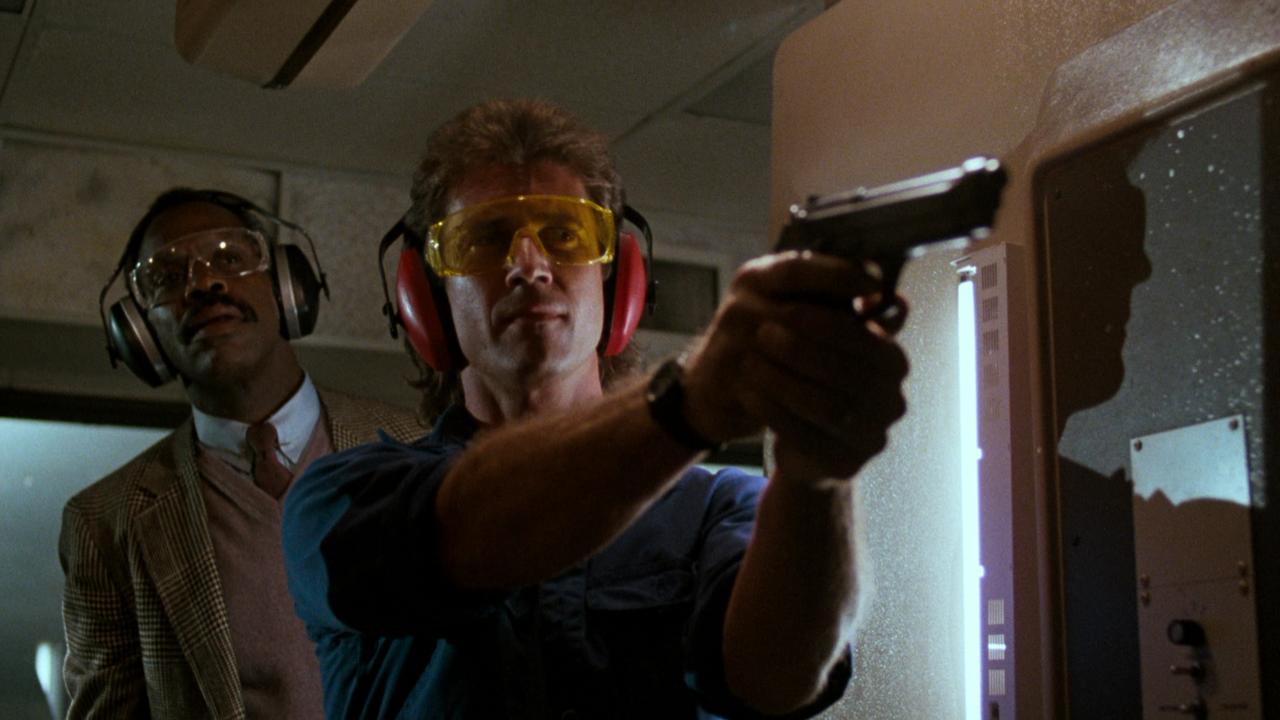

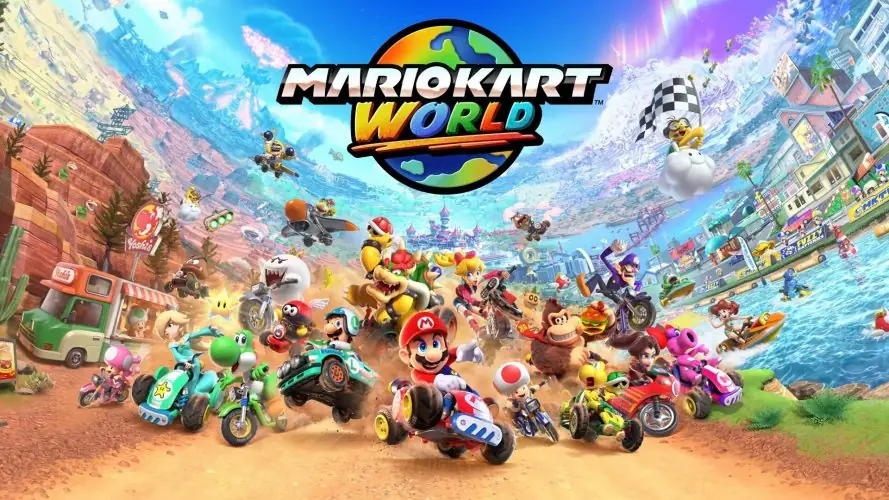

Discussion